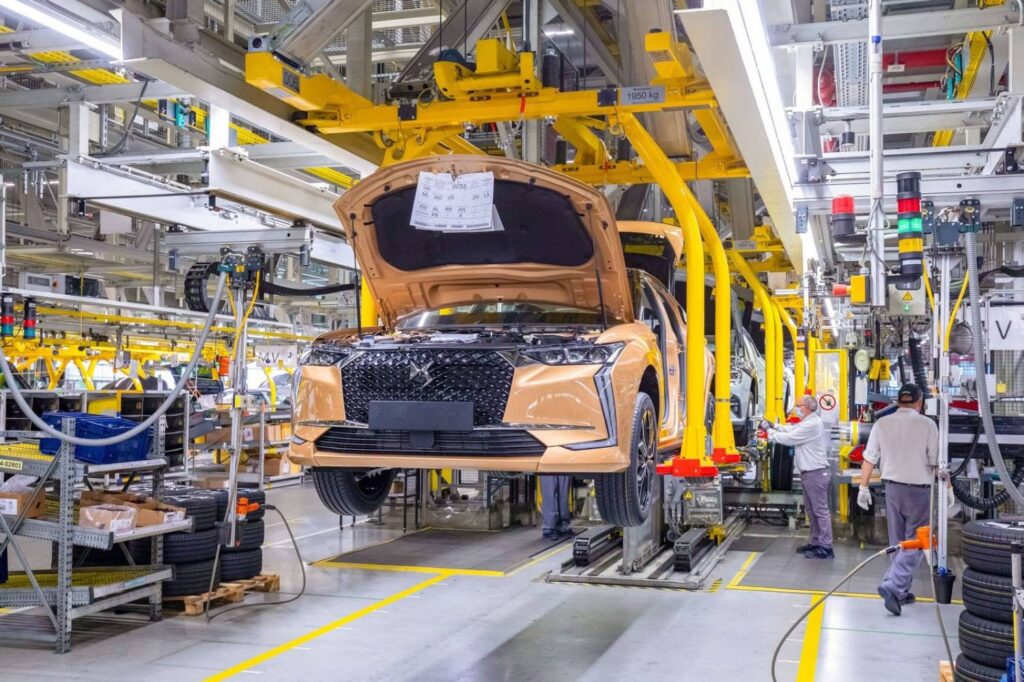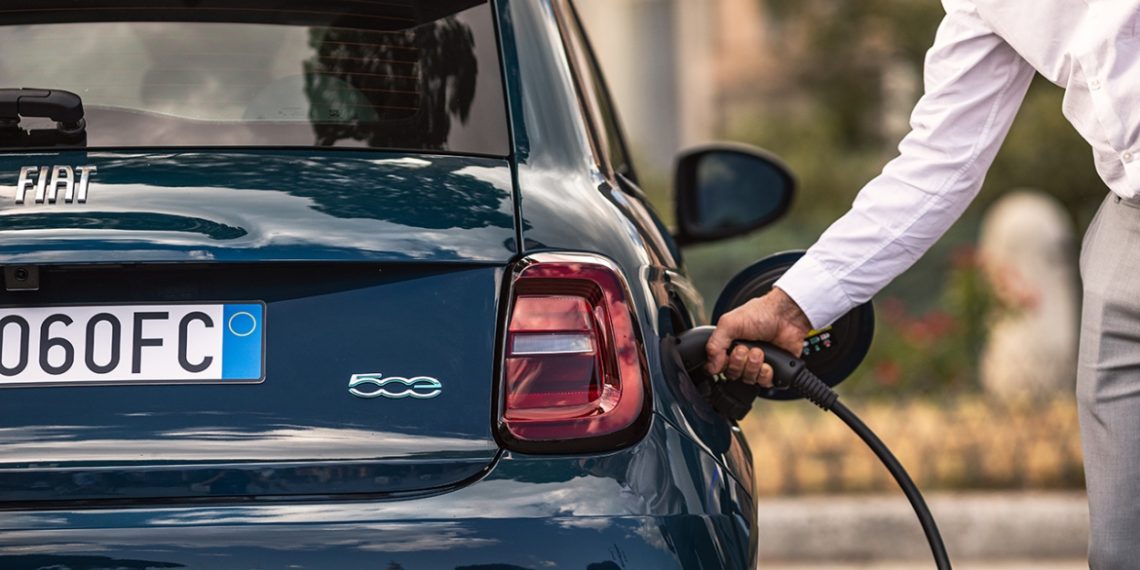Stellantis is considering the possibility of closing some factories if the CO2 emission rules are not revised by the European Union.
The issue at stake is the requirement from the European Union for car manufacturers to increase sales of electric vehicles to reduce CO2 emissions, as part of the strategy to combat climate change. Failure to comply with these standards could result in heavy fines for the automotive sector, calculated based on emissions from 2025 to 2027.
Stellantis faces potential fines of up to $2.95 billion, approximately €2.5 billion. Jean-Philippe Imparato, head of Stellantis in Europe, recently warned that the set targets are “unachievable”.

Speaking in the Lower House of the Parliament in Rome, Imparato warned that Stellantis has two options: either it doubles its sales of electric vehicles — a feat deemed “impossible” by Imparato — or it reduces the production of internal combustion engine vehicles, that is, gasoline and diesel models, to improve the energy mix of its fleet.
According to “Reuters,” the threat of factory closures highlights the struggle of the automotive industry in general to accelerate the production of electric vehicles at a time when the supply chain is facing enormous constraints, coupled with high battery costs and uneven consumer demand.
The situation is difficult for Stellantis, as it can accelerate investment in electric vehicle production, but risks job cuts and a reduction in the production of more affordable combustion vehicles.
In this case, the European Union’s regulatory flexibility, successfully advocated by the automotive industry to delay fines until 2027, provides temporary relief but does not solve the underlying challenge of meeting ambitious emissions targets.
Without significant changes to the rules by the end of the year, Stellantis may opt for drastic measures, reshaping its European operations. For owners and enthusiasts of electric vehicles, this signals a faster transition to electric models from brands like Jeep, Fiat, and Peugeot. However, the reduction in the production of combustion vehicles may hinder the availability of hybrid options, crucial for transitioning markets. “We will have to make difficult decisions”, said Jean-Philippe Imparato.









